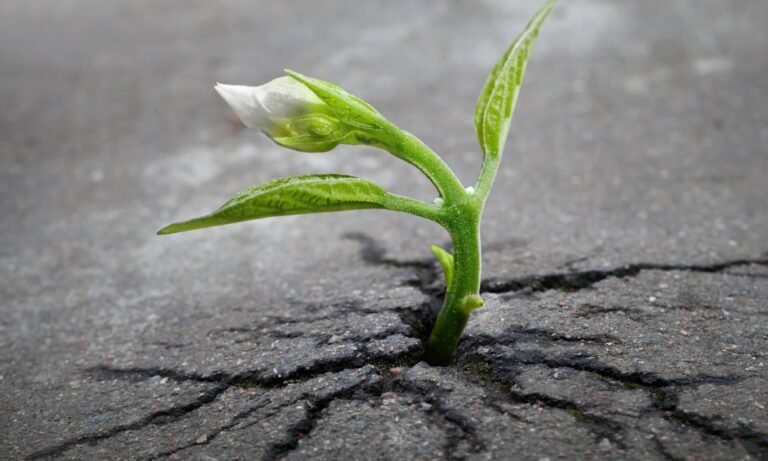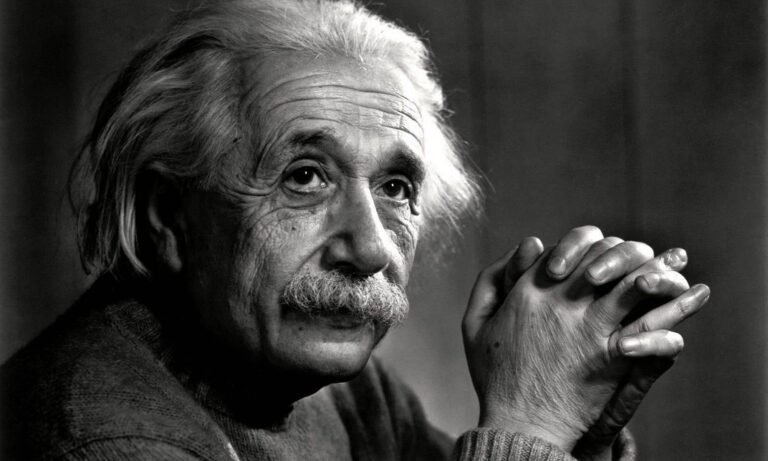Climate change refers to significant, long-term changes in the average temperature, precipitation, and other atmospheric conditions on Earth. It is driven by both natural processes and human activities. Here’s an overview of the key aspects of climate change:
Causes Of Climate Change
- Natural Causes
- Volcanic Eruptions: Release large quantities of ash and gases, which can temporarily cool the Earth’s surface.
- Solar Variability: Changes in the sun’s intensity can influence the Earth’s climate.
- Ocean Currents: Shifts in ocean currents can lead to climate variations.
- Human Activities
- Burning Fossil Fuels: Coal, oil, and natural gas combustion releases large amounts of carbon dioxide (CO2) and other greenhouse gases into the atmosphere.
- Deforestation: Removing trees reduces the planet’s capacity to absorb CO2, increasing atmospheric CO2 levels.
- Industrial Processes: Certain industrial activities release various greenhouse gases and pollutants.
- Agriculture: Livestock farming produces methane, a potent greenhouse gas, and other agricultural practices can release nitrous oxide.
There You Go
The environment has limited capacity to provide space and energy, including food. Sustainability is about creating value, not just preserving it. Organizations that focus on long-term value are best positioned to benefit. There are many global imbalances, with population and climate being two major ones that impact each other.
- World Population: The capacity of our environment to provide space and supply energy (incl. food) is limited.
- Sustainability: It isn’t about value preservation – it’s about value creation. Organizations that effectively anchor their approach to long-term value are best positioned to benefit from the value they create.
- (Im-)Blance: There are so many imbalances all over the world. I therefore chose to focus just on two main ones whereas the first certainly impacts the second in one way or another: Population and Climate.
Effects Of Climate Change
- Temperature Increases
- Global temperatures have risen significantly, with the last few decades being the warmest on record.
- Sea-Level Rise
- Melting polar ice caps and glaciers, along with the thermal expansion of seawater, contribute to rising sea levels, which threaten coastal communities.
- Extreme Weather Events
- Increased frequency and intensity of hurricanes, heatwaves, droughts, and heavy rainfall events.
- Ocean Acidification
- The absorption of excess CO2 by oceans leads to acidification, affecting marine life, especially coral reefs and shellfish.
- Loss of Biodiversity
- Many species face extinction due to changing habitats and disrupted ecosystems.
- Impact on Human Health
- Increased heat-related illnesses, the spread of vector-borne diseases, and food and water security issues.
Mitigation And Adaptation
- Mitigation
- Reducing Emissions: Transitioning to renewable energy sources, improving energy efficiency, and adopting cleaner technologies.
- Carbon Sequestration: Enhancing natural carbon sinks through reforestation and sustainable land management practices.
- Policy Measures: Implementing policies and regulations to limit greenhouse gas emissions, such as carbon pricing and emissions trading schemes.
- Adaptation
- Infrastructure Resilience: Building infrastructure that can withstand extreme weather events and rising sea levels.
- Agricultural Practices: Developing crops that are more resilient to changing climate conditions and improving water management.
- Community Preparedness: Educating and preparing communities to respond to climate-related disasters.
International Efforts
International Efforts to Combat Climate Change -> Climate change caused by greenhouse gas emissions is, by its very nature, a global issue. A common strategy and binding targets must therefore be defined on a planetary scale to effectively combat global warming. This has been the aim of many international climate change initiatives, from the Earth Summit in Rio in 1992 to the universal Paris Agreement adopted in December 2015 and the annual COPs.
- United Nations
- The United Nations Framework Convention on Climate Change (UNFCCC), agreed in 1992, is the main international treaty on fighting climate change. Its objective is to prevent dangerous man-made interference with the global climate system.
Emissions trading is the trading of certificates that entitle the holder to emit a certain amount of CO₂. These certificates are allocated and can be traded, giving emissions a price. The CO₂ price is thus a market-based instrument of environmental policy for reducing CO₂ emissions.
So, the idea is to specifically promote the retail trade (B2C): The (digital) retail of emissions is the trading of certificates that compensate for the emission of a certain amount of CO₂ without the need to purchase a product or other service (e.g. goods of any kind or a trip by plane -> Transfer of CO₂ price from G2B / B2B to B2C).
Should you be interested in pursuing this idea further, you are cordially invited to submit your best consideration of investment for the project CO₂ Compensation
Addressing climate change requires a concerted global effort, combining scientific research, technological innovation, and coordinated policy actions to mitigate its impacts and adapt to its inevitable changes.
“Climate change is real. It is happening right now, it is the most urgent threat facing our entire species and we need to work collectively together and stop procrastinating.”
– Leonardo Di Caprio
What’s More

My Blog ( 112 )
Dependence (10) Fiction (10) Karma (9) Landmarks (10) Paramount (9) Spectrum (9) Spotlight (10) Take Off (9) Terra Shapes (9) Trepidation (9) Unique (9) Virtue (9)
Amazing Stuff (9) Beyond Known (10) Controversial (9) Digital World (10) Inequities (10) Innovative (9) Metaphysics (9) Orbiting Entities (10) Our Society (10) Outer Space (9) Value Creation (10) Yearnings (10)

My Interests ( 115 )
Site Forum
Curious to dive deeper and ready to share your thoughts on this? Join the conversation and be part of the FORUM@ericroth.org Your online discussion board providing space for engaging exchanges on specific topics and shared interests across this website.

















